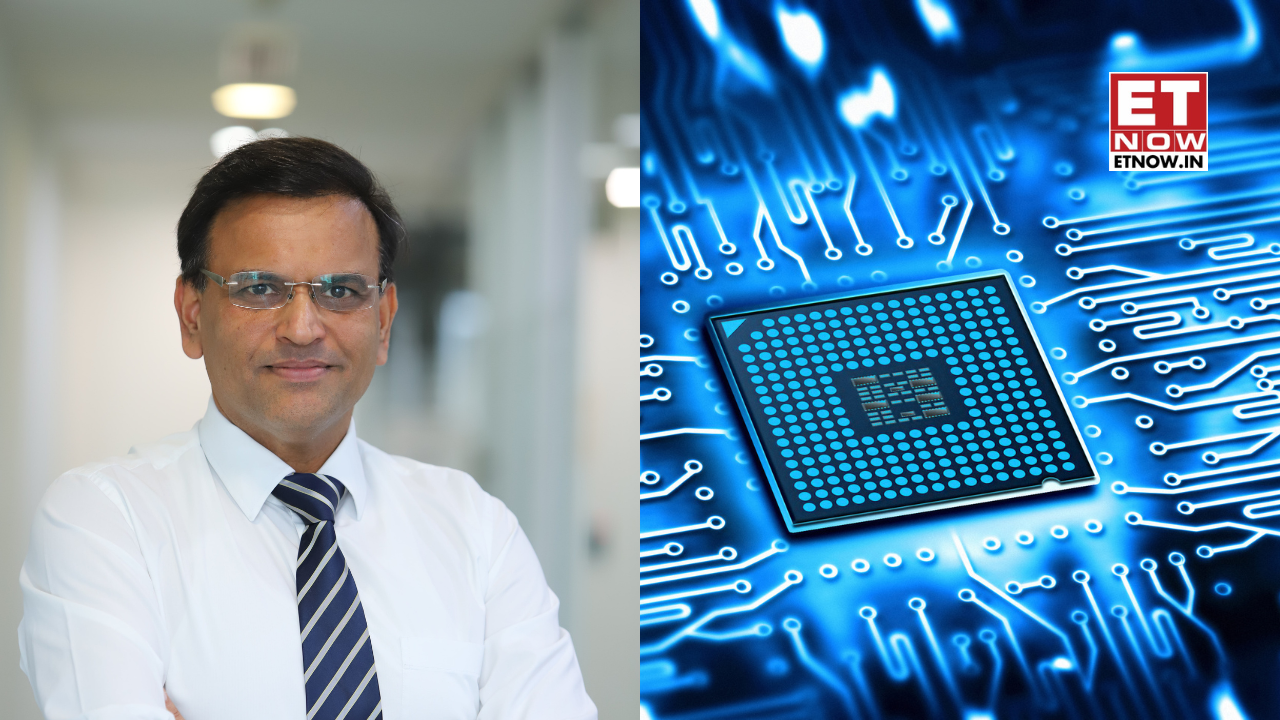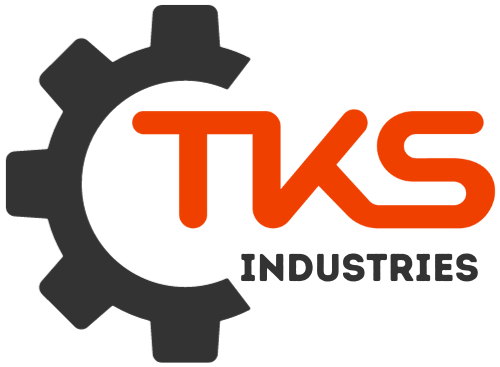Updated Oct 25, 2024 18:19 IST

MediaTek, which recently launched its latest smartphone chip Dimensity 9400, is expanding its presence in India.
India can become competitive at the global level against the established hubs — like Taiwan, the US and South Korea — by focusing more on the legacy semiconductor manufacturing technology like 28-nanometer instead of cutting-edge and state-of-the-craft fabrication technologies. like 3-nanometer process, said Anku Jainmanaging director of mediatek India, a fabless semiconductor company.
Cost benefit will also give the country an upper hand under the aegis of Semiconductor Mission India, he said in an interview to ET NOW,
“The cost of talent and the cost of general infrastructure (in India) would be slightly less than other countries.”
Jain is bullish on the progress that India has made in the last two years in the fab manufacturing sector. “Five companies have (so far) announced to boost the capacity in semiconductor chip manufacturing. That’s a good sign because it actually shows that a system is building up (to cater chip making). An ecosystem is building up and there will be a lot of electronic products being (made) in India, not just chips,” he said.
Challenges remain
Availability of the required skill set may be a major challenge amid India’s push for chip making, specifically in the designing segment of the sector. Jain said a talent pool is still evolving on the manufacturing side like assembling and packaging chips.
“It will take some time to fully mature in the country, which is a major challenge right now,” he adds.
Being a chip designing company, Jain said, MediaTek isn’t affected by this shortage like manufacturing companies are.
MediaTek’s India strategy
MediaTek, which recently launched its latest smartphone chip Dimensity 9400, is expanding its presence in India.
“India is important for talent pool and also for market. So, on both the aspects, MediaTek is investing heavily,” he said. The company is focusing on all segments like smartphones, smart TVs, routers, speakers, chrome books, and IoT solutions and smartphones.
“We are quite bullish on India. The talent availability for chip designing is very good. So we expect that our account in India will also increase going forward. The demography of India is a positive for markets, so we expect that a lot of our products will sell well in all the several segments.”
Leveraging AI in chip development
Jain told MediaTek is leveraging AI in the development of chips. “AI now operates directly on chips themselves without needing an external connection, which is becoming a core part of chip design and functionality,” he explained.
However, on the issue of job losses due to AI, Jain is optimistic that the emerging technology may not have any major impact. “It should be looked as a tool to increase productivity rather than a threat to jobs,” he adds.
AI can handle repetitive tasks, allowing employees to take on more skilled and strategic roles—moving up the value chain, he said. This can make people’s work more proactive and efficient, freeing up time to accomplish more, Jain said.
End of article
